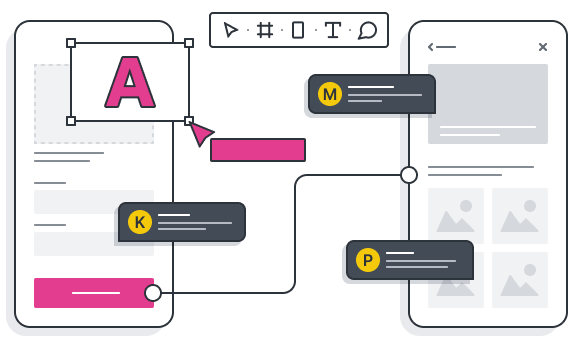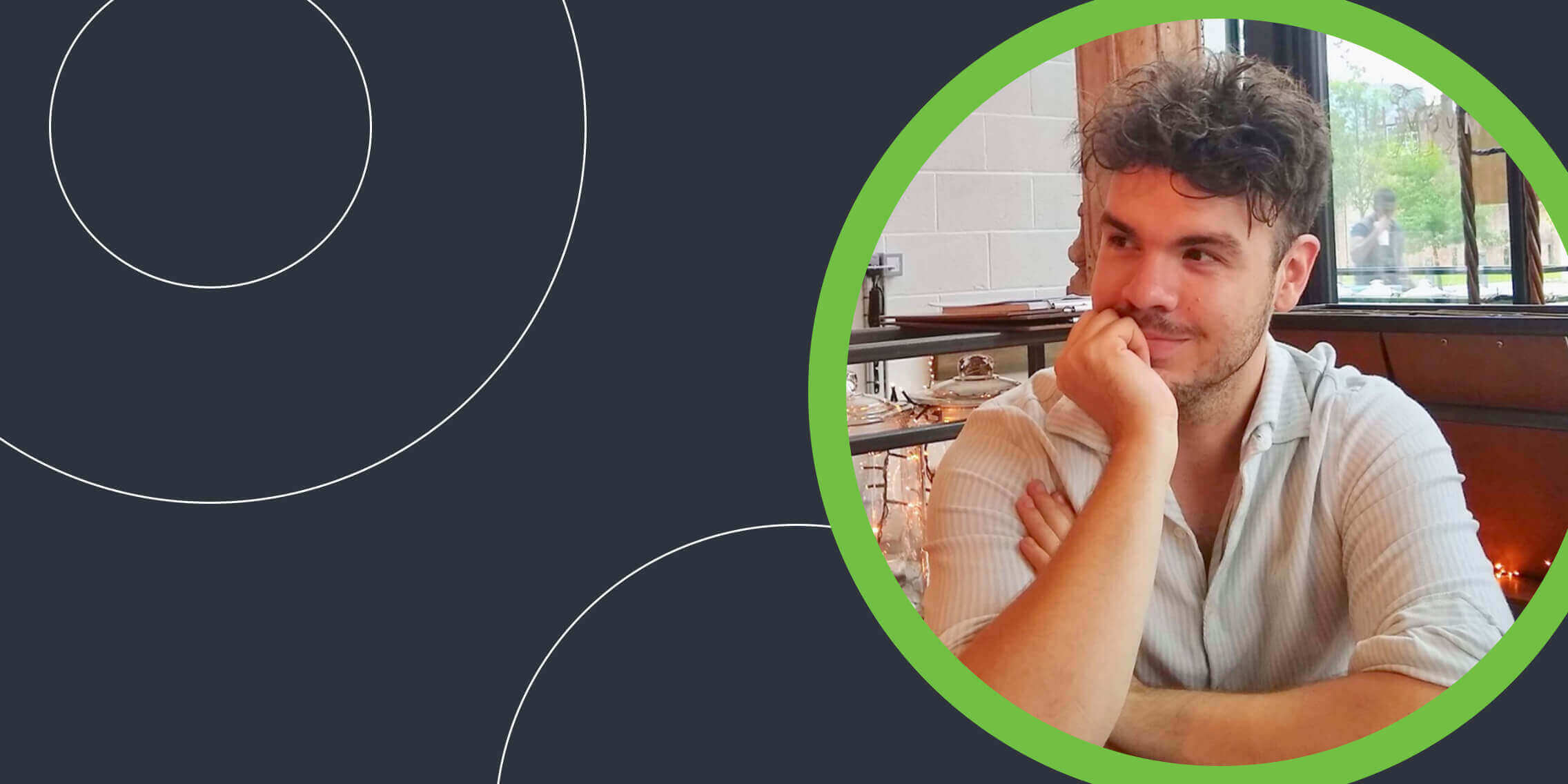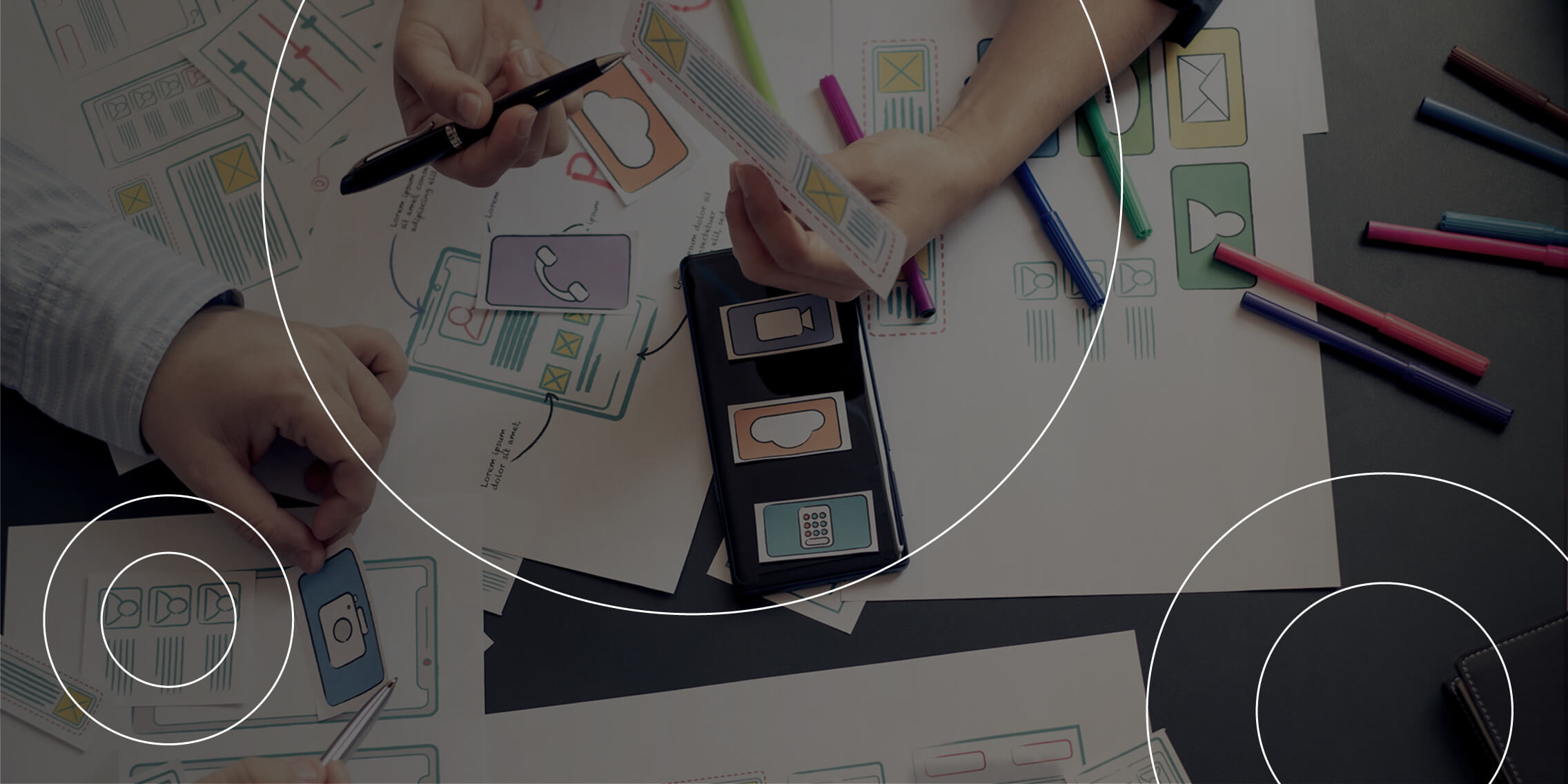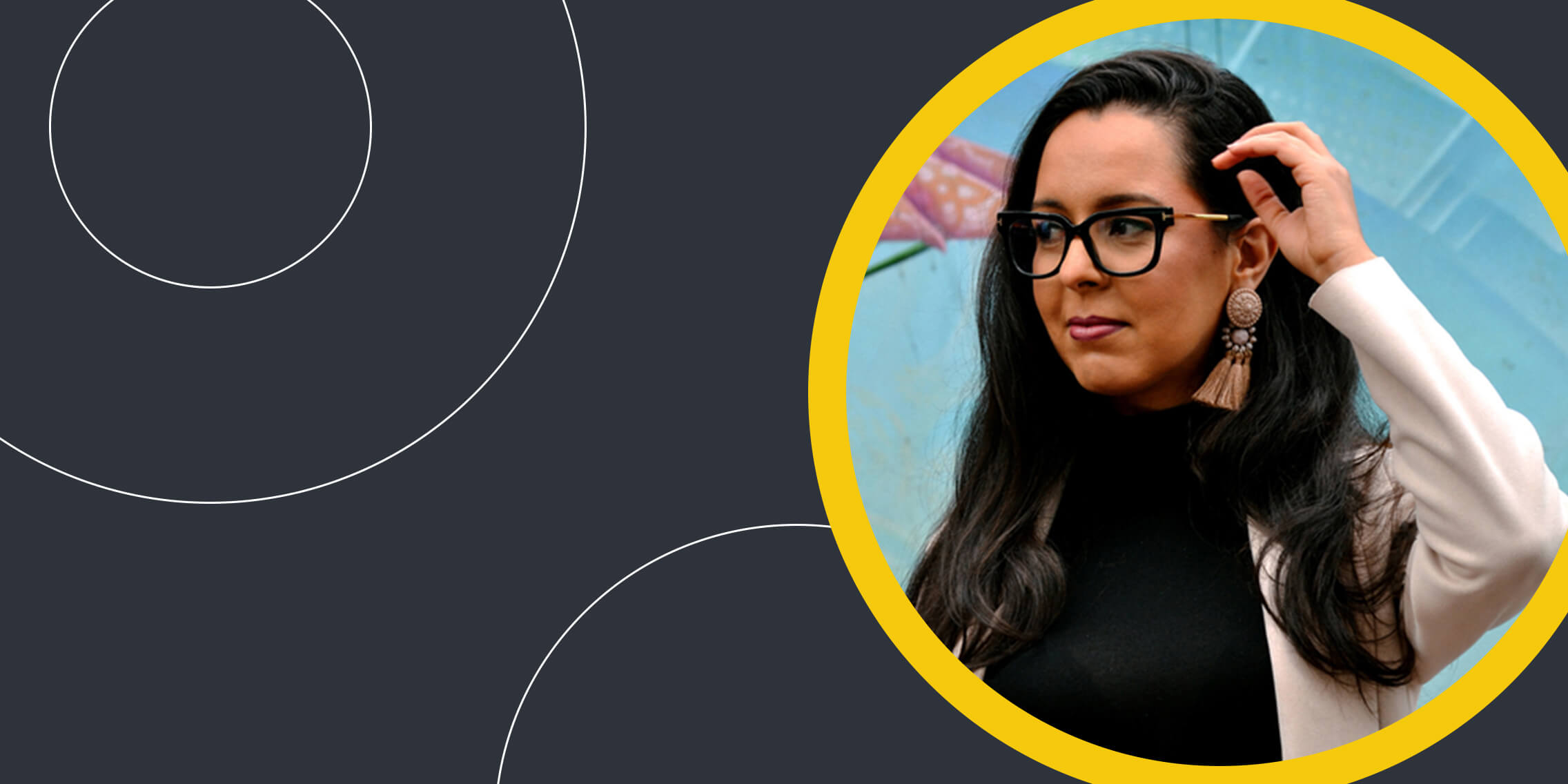Can you describe your current role at NHS Digital?
I’m a User Researcher at NHS Digital. I work on a programme called NHS Login. It helps people prove who they are to the NHS so they can sign-in quickly, safely, and securely.
Right now, I’m researching that service. It’s a fairly mature service so we’re finding out how we can make it more accessible. And researching different paths in terms of improving it overall and conversion rates of people signing up.
The biggest thing at the NHS is that we need to make sure that we’re building a healthcare service for everyone.
We’re really taking an inclusive design approach. Making sure things are accessible, transparent, and we’re being responsible with taxpayers money.
How did you become a user researcher at NHS Digital?
When I started my career, I was doing UX consulting for high fashion and luxury brands. I found that really interesting and enjoyable. But I also found it very limiting in terms of the problem space.
From there, I went on to work at an agency. They work with various brands in education and healthcare. I really enjoyed working in the healthcare space.
I made some connections with people at NHS Digital working there. When I saw that there was a vacancy, I threw my hat in the ring.
What does your average day look like as a user researcher?
I don’t think there is an average day to be honest. That’s part of the fun of the job!
One week, I could be running a usability lab. Another, I could be running a research playback, collaborating with interaction designers and content designers or doing field work and travelling to different places.
How has user research evolved in the last ten years?
In the early 2010s, the hybridised version of doing design and research was the industry standard.
But as the industry matured, a lot of mature companies understood the value of specialisms.
I think that collaborative approach is really good. There needs to be a bit of separation between someone with design skills and someone with legitimate user research skills.
What’s your favourite thing about your role?
The people I work with are really great. In the past, I’ve had to evangelise the importance of human centred design and user research.
I needed to take people on a journey to get onboard so I could do my job.
Whereas at NHS Digital, there aren’t really any barriers to doing my job. Everyone I work with understands the importance of working this way. And they understand the importance of user research.
There are companies who can be quite hostile or dismissive to that.And view user research as an impediment to quick delivery, rather than improving a product or service for people.
I’ve worked in environments like that before. It’s not fun.
What does it feel like to be in an environment that doesn’t embrace UX?
You get a lot of people pushing back. Being dismissive. Using their own bias and thinking that triumphs all.
There are lots of fake UX jobs ads that say that they take user research seriously. Then you get there and there are no resources or awareness.
Thankfully, we don’t have any of that at NHS Digital!
How developed is UX at NHS Digital?
The bar is set pretty high in terms of our UX maturity level. We’re very well resourced.
We have people from different backgrounds and work collaboratively in an agile nature. Day to day, I work with project managers, interaction designers, content designers, and other user researchers.
Having that mixture of skill sets, a dedicated research budget, and passionate research leadership all contribute to a great work environment.
We all understand the importance of user centred ways of working.
What are the biggest challenges of your role?
With Covid and remote working, we can’t use certain research methods because we’re somewhat limited.
With that said, we’ve been experimenting in different problem spaces that we wouldn’t usually use remote research and the results have been very positive.
For example, I recently carried out a very large research cycle with blind and visually impaired users. I thought that would be really difficult to do remotely but it turned out that it was really beneficial.
It was really great because they didn’t have to go to a usability lab. They could just take part from the comfort of their own home. That made recruitment easier and the testing aspect for users somewhat easier as well.
Why is it important to have UX specialisms?
If you’re researching your own design, it can introduce a lot of bias.
Also, you can’t be a jack of all trades and a master of none. There are people out there with both user research skills and design skills. They’re usually seen as a unicorn type.
It’s overwhelming for one person to do the job of two or three people, working across design, content, research and project management. It might be appropriate for a small, fast-moving startup but as a firm gets bigger having one person leading across all these areas just isn’t sustainable.
What skills do you need to be a user researcher?
Nailing the basics and understanding the fundamentals is the starting point. And knowing when to apply research methods in the proper context.
User researchers should have strong communication skills. You need to be visible about what’s going on and what research you’re doing.At the end of the day, user research is a team sport. You really take your team on that journey.
Letting people contribute to research questions is a good approach. That way everyone is having their voice heard.
And making connections to the research that you’re doing to the product or service is also key.
Carrying out user research just for the sake of it isn’t going to move things forward. Communicating how user insights improve what you’re working on is very important.
How can someone break into user research?
I’m seeing people from psychology backgrounds, HCI (human computer interaction) backgrounds, and anthropology backgrounds. I think those people are strongly suited for user research. I’m sure I’m omitting some of them.
If they’re a designer looking to pivot, see if you can get that buy-in from your team to go to a research role. And advocate for the importance of that.
Make sure research is visible throughout your team. And really connect insights from research to that actual product that you’re working on. I think that’s key – demonstrating your value.
Any advice for those who are new to the industry?
Network as much as possible. In the UX space, a lot of people are open to having a coffee chat on Zoom.
Stay visible. Go to meetups. Keep your ear to the ground for new opportunities. Read blogs and good research books. Stay active on Twitter and use social media in a professional manner.
I’m seeing a lot of pushback on UX research portfolios, but I would say it’s good to make one.
It signals your personal brand. You can tell your story, showcase who you are, your skills, and all of your work you’ve done is in a centralised place.
I think when you’re applying to jobs, having a bit more depth into who you are as a candidate in the form of a website or a portfolio can go a long way.
What does a strong research portfolio look like?
I’d lean heavily away from flashy visuals or design. I’d really dig into the context in terms of the problem space. Who did you work with? What was your specific role? What was your impact?
Basically demonstrate your value as a practitioner in terms of the research methodologies, how you applied them, and how it contributed to the bottom line.
How do you see the industry evolving?
I see UX specialisms becoming more defined. At larger notable tech firms, you’re seeing qualitative and quantitative user experience researchers.
You’ll see people specialising into just high fidelity prototyping or just things of that nature with one very specific focus. But it comes down to context and budget.




